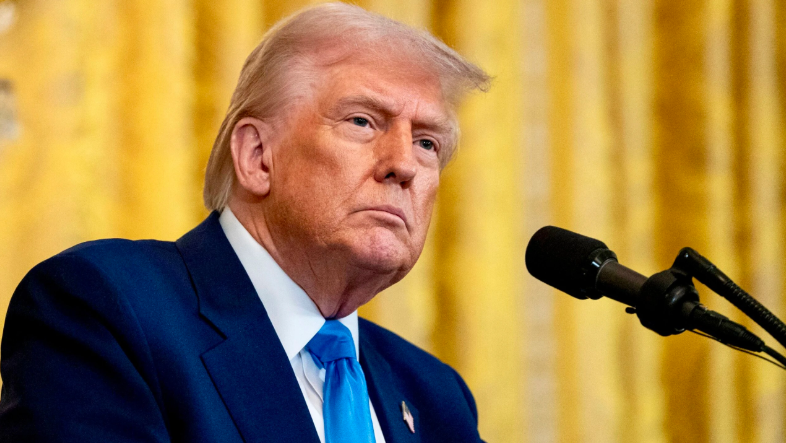Trump Admin Asks SCOTUS To Review Judge’s Order Blocking Deportations
The Trump administration has formally petitioned the U.S. Supreme Court to overturn a lower court ruling that blocked the deportation of hundreds of Venezuelan nationals suspected of being affiliated with violent criminal gangs. The administration argues that the judge’s order not only undermines national security but directly obstructs the lawful execution of the Alien Enemies Act, a long-standing federal statute.
The Fight Over Deportations
The case centers around President Trump’s use of the Alien Enemies Act of 1798, a rarely invoked but still active law granting the President broad authority to deport nationals from hostile or threatening foreign nations—particularly during times of war, invasion, or credible threats to national security.
Trump’s administration has used the law to target members of the Tren de Aragua, a violent Venezuelan gang recently designated as a foreign terrorist organization. On March 15, more than 250 Venezuelan nationals with suspected ties to the gang were deported to El Salvador’s high-security prison, CECOT, as part of an international agreement.
However, shortly after the deportations began, U.S. District Judge James Boasberg issued a last-minute restraining order attempting to halt further removals and demanded the return of those already deported—despite the fact that the flights had already exited U.S. airspace by the time the ruling came down.
Emergency Appeal to the Supreme Court
In response, Acting Solicitor General Sarah Harris filed an emergency appeal with the Supreme Court, arguing that Judge Boasberg’s ruling was an overreach that not only exceeded his judicial authority but also jeopardized the President’s ability to protect the country from known threats.
The administration’s appeal argues that federal courts have no authority to override lawful national security measures taken by the executive branch, especially when it involves foreign nationals with suspected ties to criminal or terrorist networks.
Harris warned the injunction would cause “serious and perhaps irreparable harm” to U.S. security interests and ongoing diplomatic negotiations with partner nations assisting in detainment efforts.
Deepening the Legal Divide
The case marks a broader clash between the Trump administration’s aggressive immigration enforcement policies and left-leaning federal judges who have routinely blocked efforts to deport criminals and secure the southern border. Critics of the administration claim the Alien Enemies Act is being misused, while supporters argue it is an appropriate and long-overdue tool to deal with transnational gangs flooding across the border.
President Trump, meanwhile, has made it clear that the safety of the American people takes precedence over political correctness or legal maneuvering.
What Happens Next
The Supreme Court’s decision could reshape the future of immigration enforcement and the limits of presidential power in cases involving national security threats. If the administration prevails, it will set a precedent for expedited deportations of violent foreign nationals under existing federal law—without interference from activist judges.
At stake is not just a single deportation effort, but the broader authority of the executive branch to act swiftly against known threats—before they can harm American communities.

